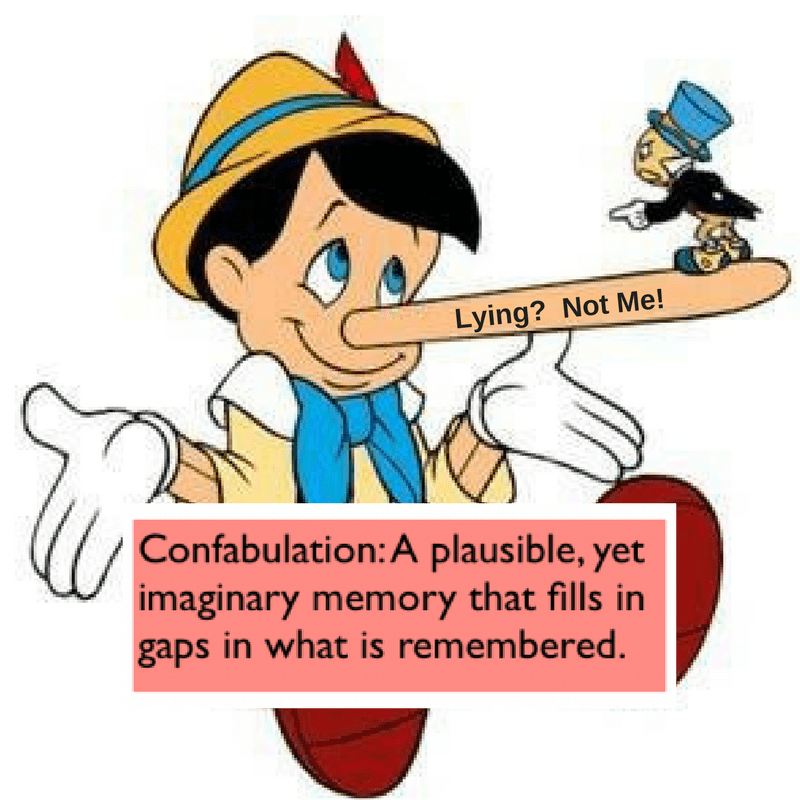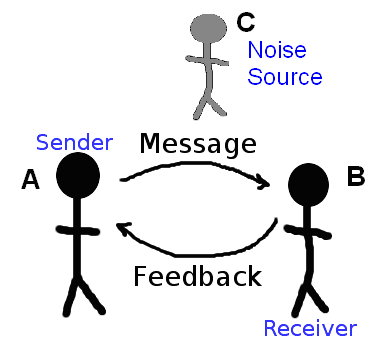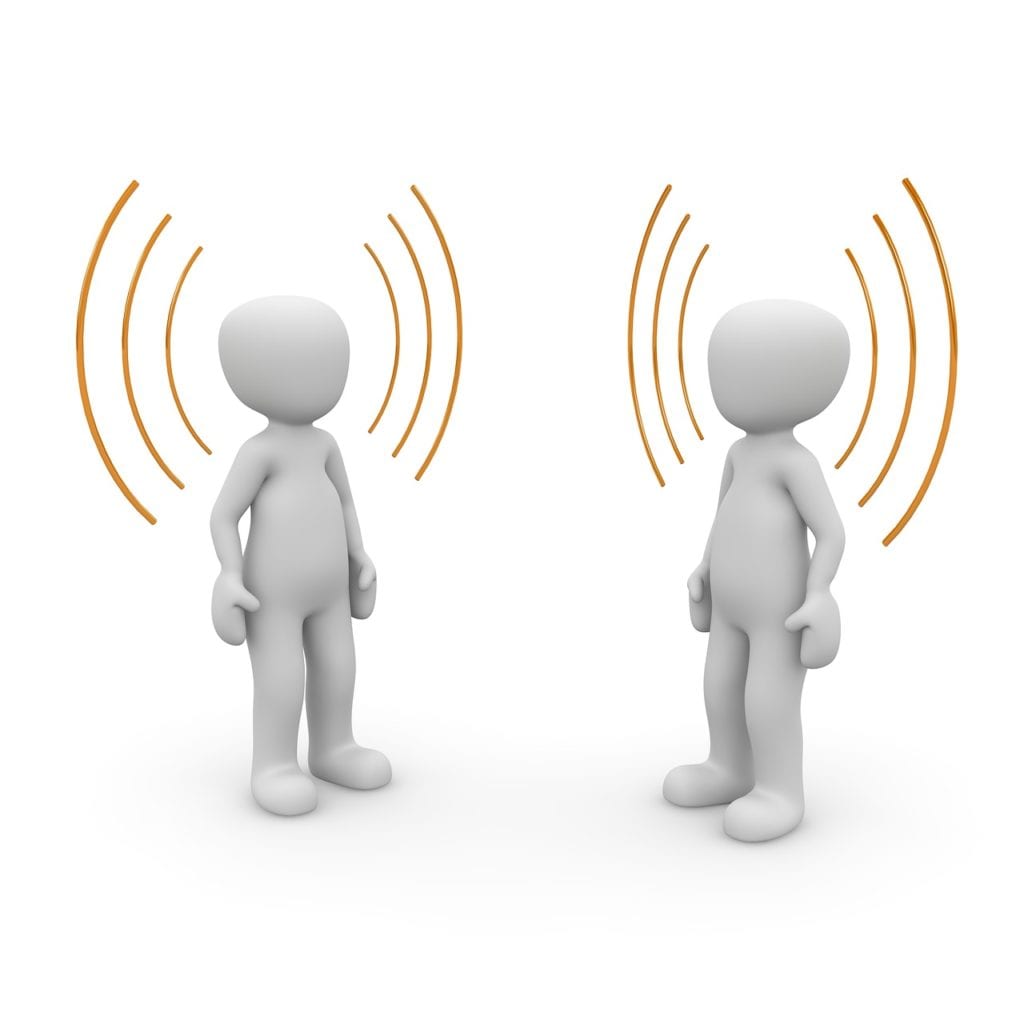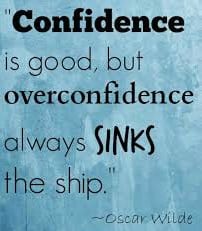Confabulation: It Sounds Better Than Lying
Confabulation may sound better than lying, but it’s no less dangerous. One of the most amazing demonstrations I do during my situational awareness programs is to show how a person, when placed under stress, will lie. Only in the world of neuroscience, we don’t call it lying, we call it confabulation. You won’t do it […]
Confabulation: It Sounds Better Than Lying Read More »








